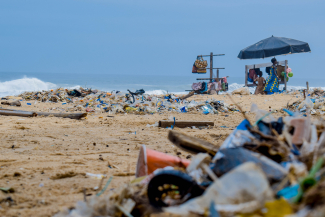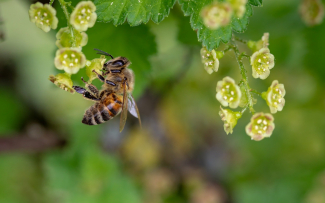The value of forest water purification ecosystem services in Costa Rica
Highlights
-
• Avoiding 1% of catchment's forest loss reduces chemicals use by 0.026% in Costa Rica.
-
• Improving the turbidity by 1% decreases 0.005% aluminum sulfate needed at the water plants.
-
• The value of water purification service by forests is USD 9.5 per hectare per year.
-
• The contribution of forest (per ha) becomes larger as the size of the catchment decreases.



